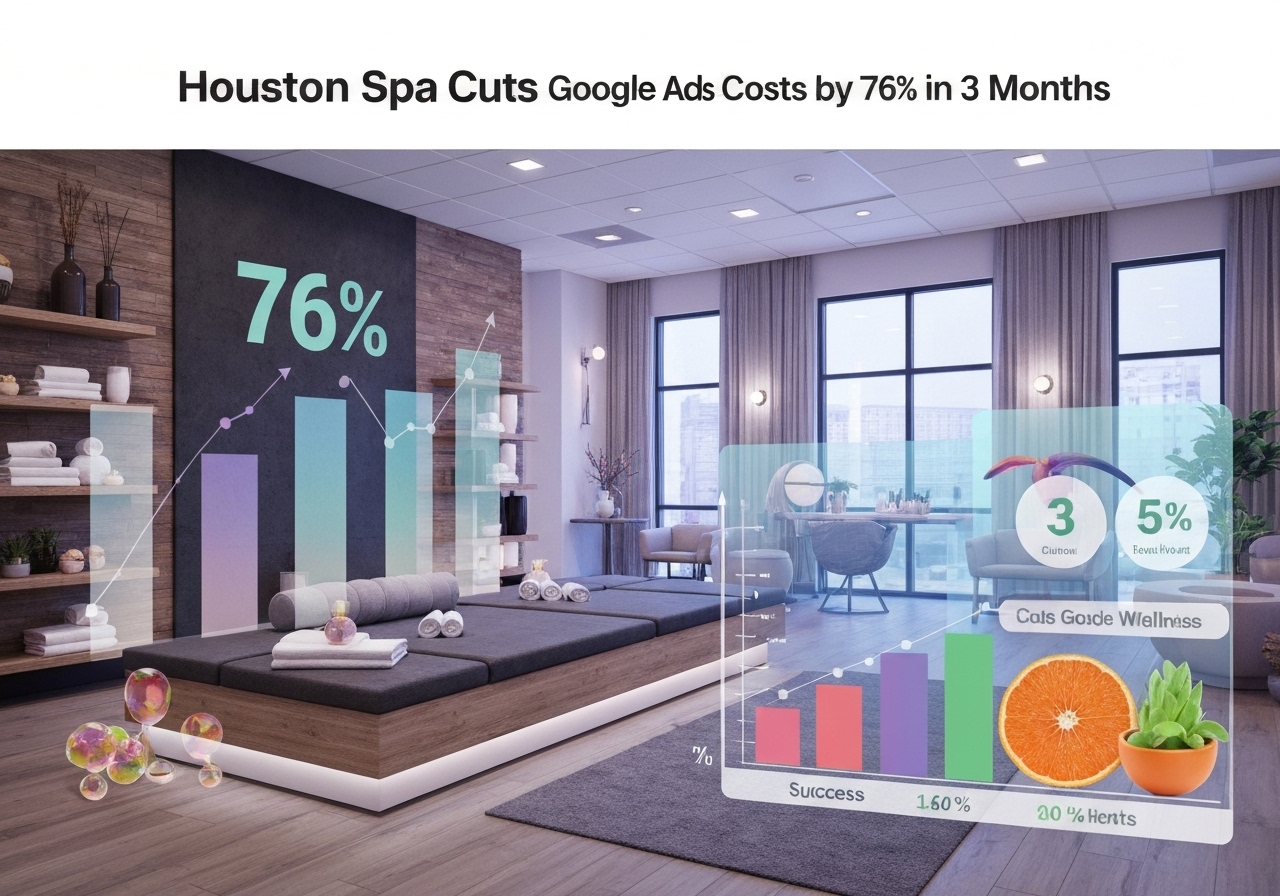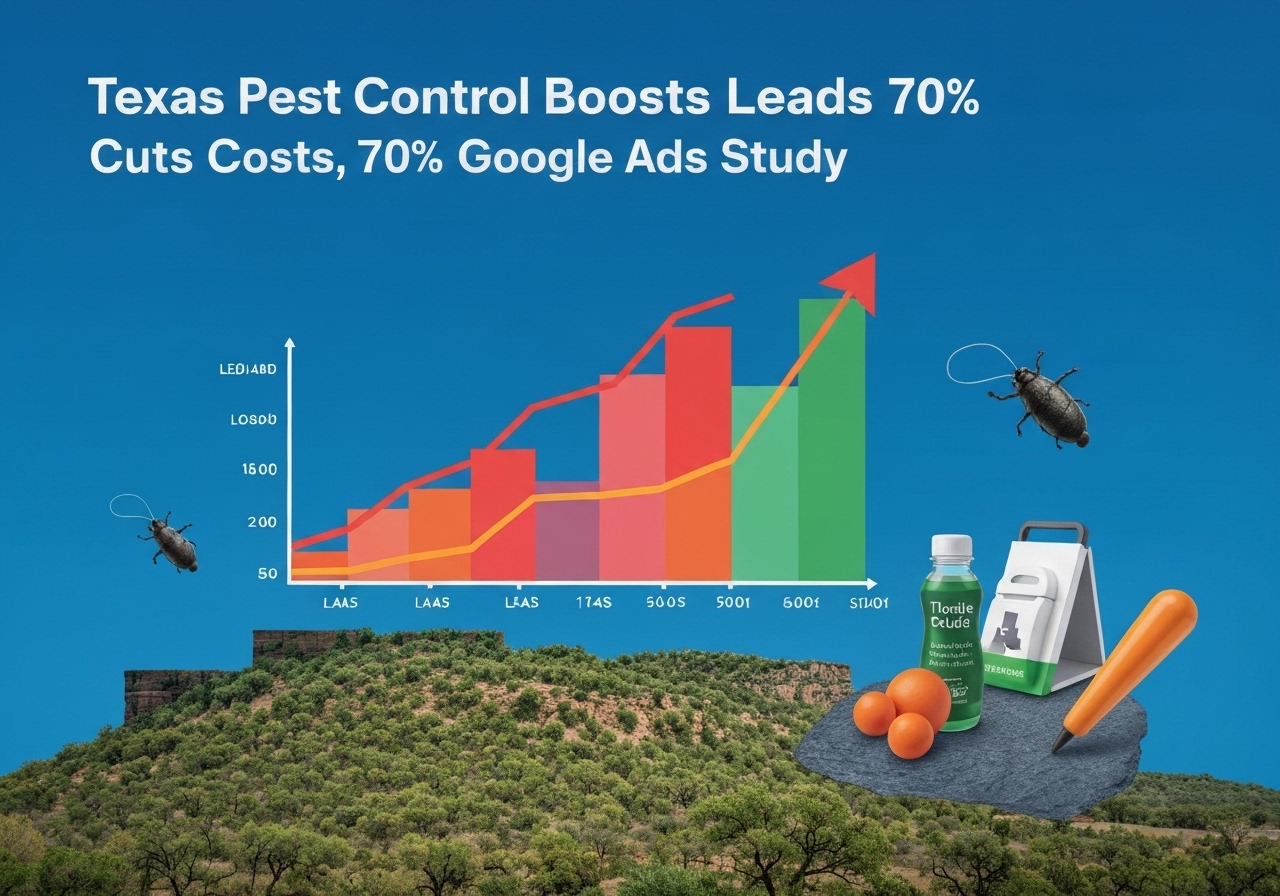The MarTech Integration Crisis of 2025
In today’s hyper-competitive digital landscape, having disconnected marketing technologies isn’t just inefficient—it’s a competitive disadvantage. According to recent surveys, the leading barrier to successful marketing technology implementation is platform integration, with 44% of marketing professionals juggling more than five different tools in their marketing tech stack.
The consequences of poorly integrated marketing technology are severe:
- Siloed data leading to incomplete customer insights
- Inconsistent messaging across channels
- Wasted marketing budget on overlapping tools
- Inability to measure true ROI of marketing efforts
- Frustrated teams spending more time on technical issues than strategy
This is where marketing technology integration consulting becomes not just valuable but essential for businesses looking to thrive in the digital age.
What Is Marketing Technology Integration Consulting?
Marketing technology integration consulting is a specialized service that helps businesses select, implement, and optimize their marketing technology stack to create a cohesive ecosystem that drives results. In short, it bridges the gap between marketing strategy and technical implementation, ensuring that your technology investments actually deliver on their promises.
The Core Components of MarTech Integration Consulting
Strategic Assessment and Planning
Before recommending any technology solutions, experienced consultants conduct a comprehensive audit of your current marketing processes, technologies, and goals. This assessment identifies gaps, redundancies, and opportunities for integration that align with your business objectives.
Technology Selection and Implementation
With thousands of marketing tools available, choosing the right ones for your specific needs is overwhelming. Therefore, integration consultants provide vendor-neutral recommendations based on your unique requirements, then oversee the technical implementation to ensure everything works together seamlessly.
Data Strategy and Management
In 2025, data is the lifeblood of effective marketing. Integration consultants develop comprehensive data strategies that ensure information flows properly between systems, creating a single source of truth for customer insights while maintaining compliance with privacy regulations like GDPR.
Training and Change Management
Even the best technology is worthless if your team doesn’t use it effectively. For this reason, consulting services include training programs and change management strategies to ensure adoption and maximize the value of your marketing technology investments.
Key Marketing Technology Trends Driving Integration Needs in 2025
AI-Driven Hyper-Personalization
With only 10% of marketers not planning to use AI in 2025, artificial intelligence has become a cornerstone of modern marketing. Integration consultants help businesses implement AI-powered personalization that analyzes real-time data to predict customer behaviors and deliver truly individualized experiences. Consequently, this improves engagement and conversion rates significantly.
Unified Technology Stacks
The days of disconnected point solutions are over. In 2025, 89% of marketers report that their tools are fully integrated into one platform. This integration breaks down operational silos by centralizing data and workflows, creating a cohesive customer experience across all touchpoints. A consultant from a partner like CDM Suite architects these unified stacks, ensuring all your tools work as a harmonious ecosystem.
First-Party Data Strategies
As privacy regulations tighten and third-party cookies disappear, first-party data has become marketing gold. Integration consultants develop strategies to collect, manage, and activate this valuable data across your marketing technology stack while ensuring compliance.
Marketing Automation and CRM Integration
The combination of CRM platforms with marketing automation tools enables sophisticated lead scoring and personalized campaigns. This integration allows marketers to deliver highly relevant content at each stage of the customer journey. For more insights, check out our blog.
The Business Impact of Effective MarTech Integration
- Enhanced Customer Experience: Create a consistent, personalized experience across all customer touchpoints, building trust and loyalty.
- Improved Marketing ROI: Eliminate redundant tools and streamline processes, reducing waste and improving efficiency.
- Data-Driven Decision Making: Gain real-time insights from centralized dashboards to inform strategic decisions.
- Competitive Advantage: Respond faster to market changes and deliver more personalized experiences than your competitors.
How to Choose the Right Marketing Technology Integration Consultant
Finding the right consultant requires careful consideration. Look for industry expertise, vendor independence, a balance of technical and marketing knowledge, a proven methodology, and strong references and case studies. These factors ensure you partner with someone who understands your unique challenges.
The Implementation Process: What to Expect
A typical marketing technology integration consulting engagement follows these phases:
- Discovery and Assessment: Comprehensive audit of current processes and goals.
- Strategy Development: Creation of a roadmap for integration.
- Technology Selection: Evaluation and recommendation of tools.
- Implementation Planning: Detailed project plan with timelines and resources.
- Technical Integration: Configuration and connection of systems.
- Testing and Validation: Thorough testing of all integrations and workflows.
- Training and Adoption: Education of team members on new systems.
- Optimization and Support: Ongoing refinement and support to maximize value.
Common Pitfalls in Marketing Technology Integration
Even with expert guidance, challenges can arise. Be aware of these potential pitfalls:
- Underestimating Complexity: Integration often involves more systems than initially apparent.
- Neglecting Change Management: Technology changes impact people; without proper change management, adoption can fail.
- Prioritizing Features Over Strategy: Don’t be seduced by shiny features that don’t align with your core business objectives.
- Ignoring Data Quality: Address data cleansing and governance to avoid propagating bad data.
Conclusion: The Competitive Necessity of Integrated Marketing Technology
In 2025’s complex digital landscape, marketing technology integration is no longer optional—it’s a competitive necessity. Businesses that successfully integrate their marketing technologies gain efficiency, insight, and agility. Consequently, this translates directly to improved customer experiences and business results. Working with experienced marketing technology integration consultants accelerates this journey, helping you avoid costly mistakes and realize value faster.
Want to discover exactly what’s missing in your marketing technology strategy? Visit https://cdmsuite.com/free-3-minute-marketing-assessment-get-a-custom-growth-plan/ for a free 3-minute marketing assessment and receive a custom growth plan tailored to your business needs!


